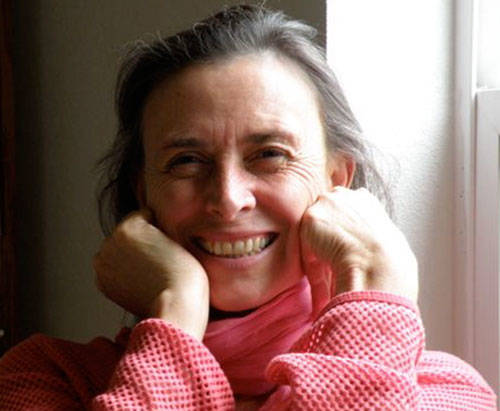While not everyone living on Vashon Island enjoys the conversation about race in America, the health of our community — and our country — depends on it. Is it possible during this Black History Month that we who are white could agree to disagree even as we consider the lives of people who are not white? And, can we do this by looking at our own whiteness?
If this question pushes emotional reactive buttons for you as it did for me, that is a good sign that the topic is ripe with learning potential. It’s a hot button. We can feel it in our individual reactivity, and we can see it in our community conversations — whether in the newspaper, online or in person. The good news is that learning what the words “white privilege” refer to can open a fuller understanding of how even white lives have been shaped by that force.
In spring 2015, Sustainable Vashon created the Vashon Reads initiative that offered book titles for all ages, live readings and community conversations to help unpack the topic of “Racism, Culture and White Privilege.” I felt fortunate to stumble upon the events here at home, just as my own eyes were awakening through a burgeoning friendship with May-field Brooks, a wo-man of color and dance artist I met on tour in Canada the previous summer.
Mayfield and I became fast friends during the workshop where I was teaching. I confided to her that she was the first African American person to attend a long dance course of mine in North America in the almost 40 years I’d been teaching. I was able to share with her my discomforts of being confronted about race issues by progressive white dance artists — artists who also happened to identify as queer, non-binary or who were otherwise not part of the dominant white, heterosexual majority culture. Since I basically did not identify with anything, I had no patience when those folks brought up equity topics or questions like, “”Where are all the black folks in our dance spaces?”
I figured the door is open to everyone. It took some time for me to see how culture shapes what doors are open or not.
In our conversations, Mayfield would gently point out that the dance artists who I complained about actually had a point. I began to see that my lack of identifying with the dominant culture was because I was part of that culture, like it or not. I discovered that unbeknownst to me I was blinded to difference. I soon learned that this condition of “blindness” was because all I had ever known for my life was based on the privilege of whiteness. As a self-employed, financially struggling woman dance artist moving in mostly white circles, I never considered myself having any kind of privilege. Gifted with this new information, I had a whole lifetime to unravel and reconsider.
Out of the Vashon Reads event in 2015, several of us convened an ongoing book group that eventually became sponsored by Vashon SURJ (Showing Up for Racial Justice).
Now, as a follow-up activity to author and activist Debby Irving’s recent presentation on Vashon, we will again read and discuss Irving’s “Waking Up White, and Finding Myself in the Story of Race.” Beginning on Feb. 21, the Vashon SURJ book group meeting will be held each month at the United Methodist Church and is always open to newcomers. We read, study and discuss a variety of books on the topics of whiteness and racism by authors of all identities. The group starts at 6:30 p.m.
It’s inspiring to see initiatives grow, “get legs,” and continue to impact our community like the book group that grew out of Vashon Reads, and the eventual visit by Debby Irving.
Even on Vashon we can begin to do a great deal of good to heal our culture at large.
We can share a journey of waking up, listening and growing through thoughtful discourse, sharing and witnessing.
— Karen Nelson is a touring dance artist who is active in Vashon SURJ and All-Island Forum.



